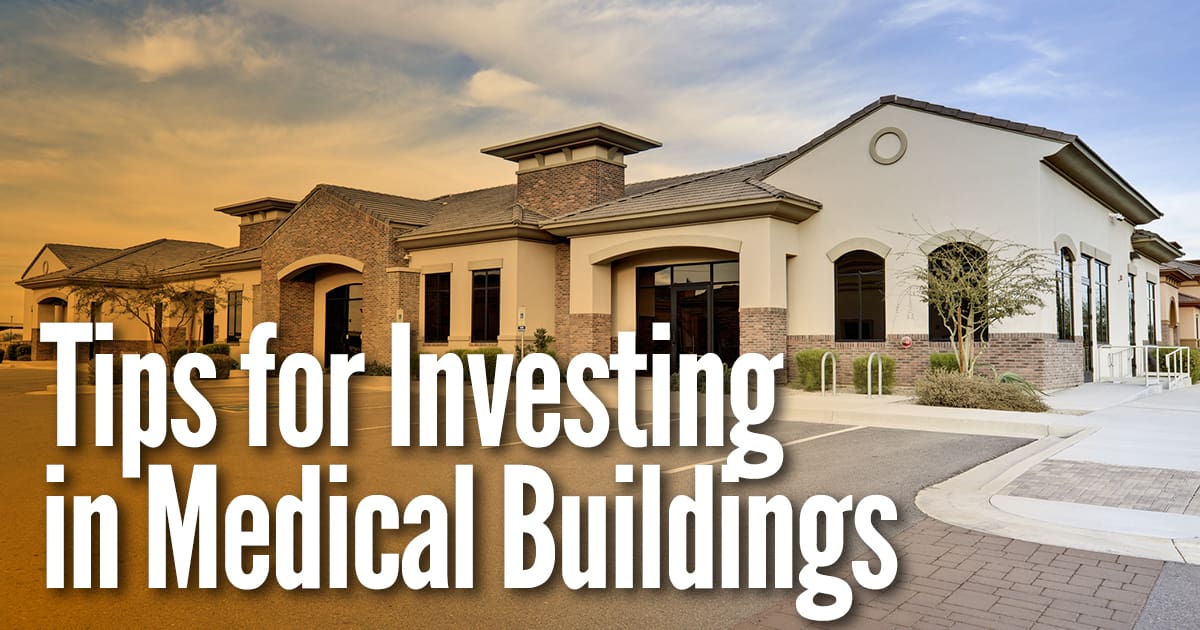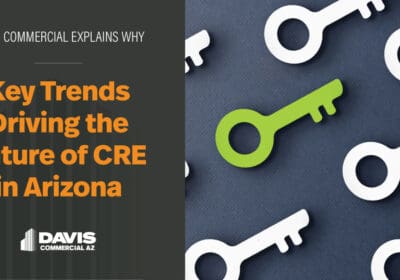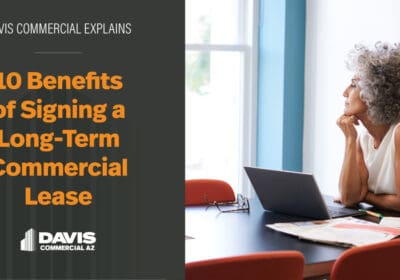Tips for Investing in Medical Buildings

Given the social impact of COVID-19 and other recent worldwide events, it is no surprise that investors seek medical office buildings as a bankable, essential asset class. In addition to the relative stability these investments offer, the number of outpatient centers across the U.S. continues to increase as patients desire more convenient and more affordable access to healthcare. Here are considerations that make medical office buildings a promising investment.
-
Retention of Tenants is Regular
Doctors stay at a location that suits them well because relocating usually results in a loss of 10 to 20 percent of their patient base. Furthermore, with heavy, expensive build out costs, many tenants would prefer not to move after their lease expires. When considering this property type, don’t be deterred by a shorter-term lease. Doctors prefer to renew than relocate provided their landlord is reasonable.
-
Medical Office Building Tenants Usually Maintain Strong Credit
Although every tenant is unique in their own way, medical office building tenants tend to have strong credit. This is great for attracting other high-credit, long-term tenants as many healthcare providers prefer to be near complementary services. Medical synergy is often the reason medical professionals chose an office location.
-
Rental Rates Are Higher Than a General Office
Smart buildings are taking over the commercial real estate industry and the healthcare sector is no exception. With changes in medical technology advancements, there could be a higher tenant improvement cost for the build out. Tenant improvements amortized into a lease rate increase the rental rate and the overall building value. In general, rental rates for medical office buildings are usually higher than a general office due to the cost of tenant improvements.
-
Low Risk Factor for the Investor
Depending on the practice size and how many doctors there are, the lease often includes more than one personal guarantee. A personal guarantee is an unsecured guarantee with no specific piece of property to be used as recourse. By having a personal guarantee in a commercial lease contract, the tenant is putting their own personal property at risk. With more guarantees occupying the lease, the risk factor is lower for the investor.
-
Commercial Banks Consider Medical Professionals Bankable
When underwriting a loan, commercial banks want to ensure that the property creates cash flow beyond the mortgage and the investor can cover all operating expenses. Commercial banks often consider medical professionals highly bankable which helps the investor secure a fair market loan.
For more helpful information on buying commercial real estate, look for Simply Own It, the American Dream, coming soon.
 About Andrea Davis
About Andrea Davis
Andrea Davis, CCIM, has practiced commercial real estate for over twenty years. Davis’s breadth of knowledge stretches from developers to landlords to buyer/tenant representation and investments. Within the commercial real estate industry, Davis has won numerous awards. The Phoenix Business Journal ranked Andrea Davis CRE in the top 10 of Ranking Arizona for the category of Office Brokerage. Her book, SimpLEASEity™, focuses on leasing and is the first in a series of commercial real estate guidebooks. Her next book, Simply Own It, the American Dream, is forthcoming this year.

 About Andrea Davis
About Andrea Davis


